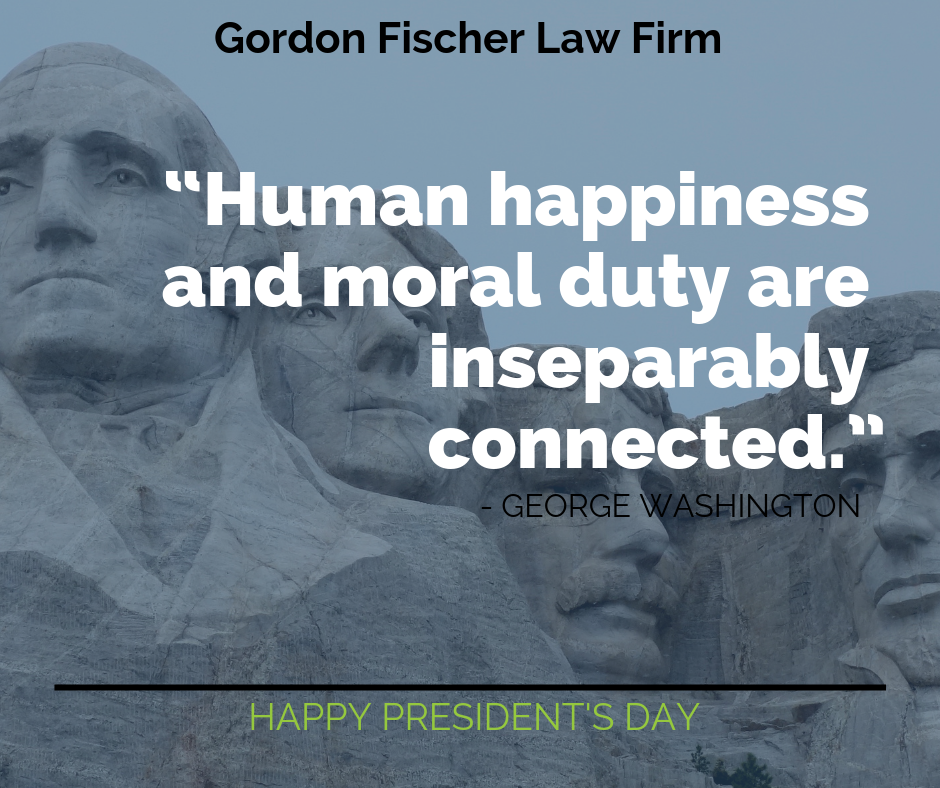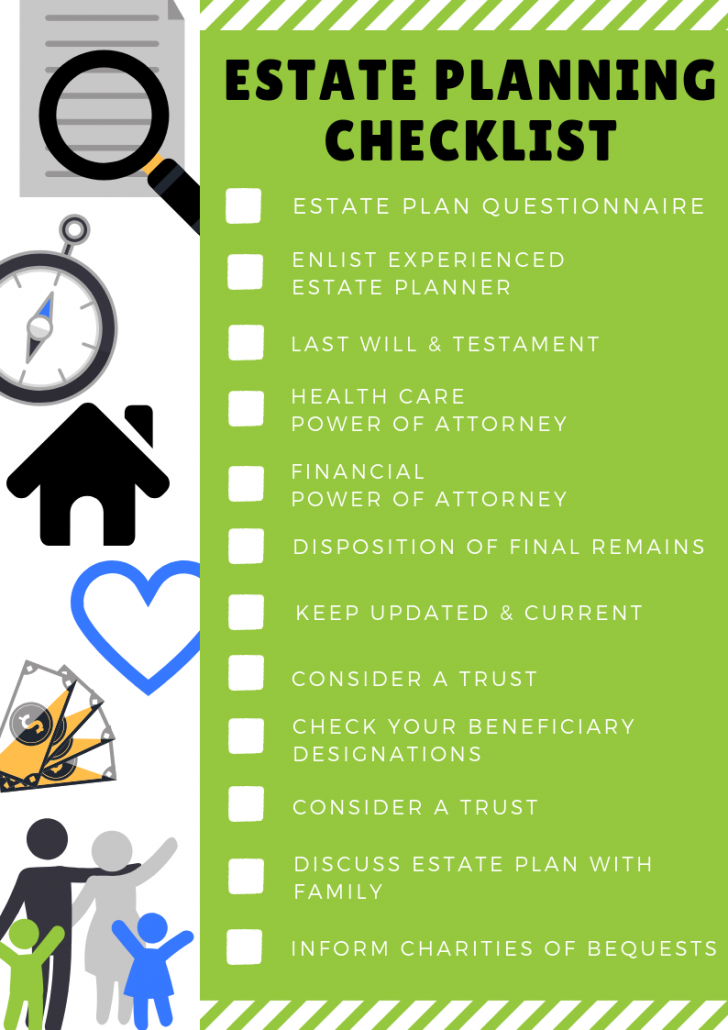Happy Presidents Day! Even if you don’t have today off of work on this federal holiday, it’s a good day to think about the first and pretty incredible leader of the United States, George Washington. First recognized by Congress in 1885, the holiday was first celebrated on Washington’s birthday, February 22. Eventually, the day shifted to the third Monday in February after the Uniform Monday Holiday Act. Instead of celebrating by chopping down a cherry tree (just kidding, that’s a myth), consider the ways Washington’s own estate planning can inspire you to get your affairs in order.

Washington Wrote His Own Will
Acknowledging Washington wrote his own will is probably a terrible point to start on, as I cannot encourage you to write your own estate plan. There are so many ways that this can go wrong from lacking requisite formalities, mistaking property laws, and risking the document being found entirely invalid. All of these errors can result in a situation that causes your loved ones heartache, confusion, and can maybe even lead to litigation. But, history is what it is.
Washington wrote his own will and dated it July 9, 1799, not long before his death on December 14 that same year. However, considering Washington was one of the wealthiest presidents of all time if he were living today, he would definitely want to enlist a team of professional advisors to make sure all of his assets were accounted for and passed on in a tax-strategic way.
Washington Made Two Wills
Washington was a smart man, clearly. He had, not just one, but two last will and testament documents! Of course, you don’t need and shouldn’t have two estate plans, but you should update your estate plan regularly when changes may affect your estate plan’s effectiveness or determine who you include as a beneficiary, executor, or guardian.
Washington was apparently on his deathbed when he asked his wife, Martha, to bring him both editions of his will. He had her burn one so the “real” one wasn’t competing against the other version. Again, it’s the principle that sometimes you need to make important changes to your plan that’s important here!
Washington Included His Charitable Goals
Washington left the entirety of his estate to his wife. However, he also wanted to benefit the causes he cared most about. Washington was concerned about American youth being sent to Europe for formal educations and wanted to benefit higher education institutions in the growing United States. He left 100 shares he held in a company called James River Co. to help, what ultimately became, Washington and Lee University. He also left 50 shares in a different company to endow a D.C. university (which never came to fruition).
Like Washington, you too can give to the charitable organizations and causes you care about by naming them in your estate plan as beneficiaries of certain amounts of money or of a certain percentage of your estate.
Washington Chose His Executors Wisely
Most folks I work with only choose one or two main executors of their estate plan, and then also name an alternate or two if the first choice doesn’t work out. Washington named a full seven executors to oversee that his wishes and dispersion of property was carried out. His executors included his grandson, five nephews, and his wife.
In Washington We Trust
Probate can take a long time, especially if you pass away intestate (without an estate plan). But Washington’s estate, unfortunately, took an excruciatingly long time to be completely settled. For reasons unknown, appraisal of the estate wasn’t filed with the court until 1810! And then, the estate was not fully closed until 1847. Yikes. If you would the majority or all of your estate to avoid probate, you may want to consider a trust of some sort.
Power to the People…To Make Their Wishes Known
As Washington said, “It is better to offer no excuse than a bad one.” Drop the estate planning excuses! You don’t need presidential power to make a quality estate plan that meets your goals. One of the easiest ways to get started with my free, no-obligation Estate Plan Questionnaire.






